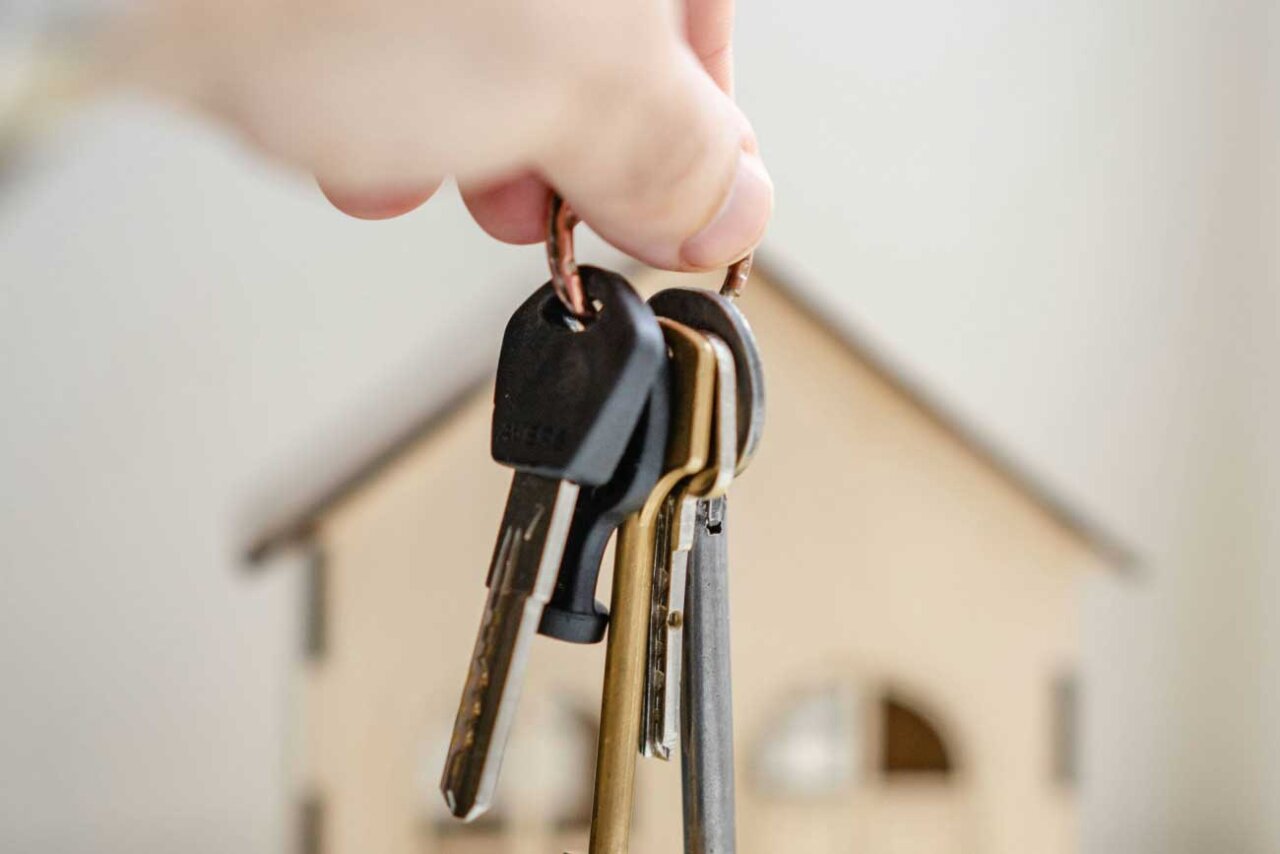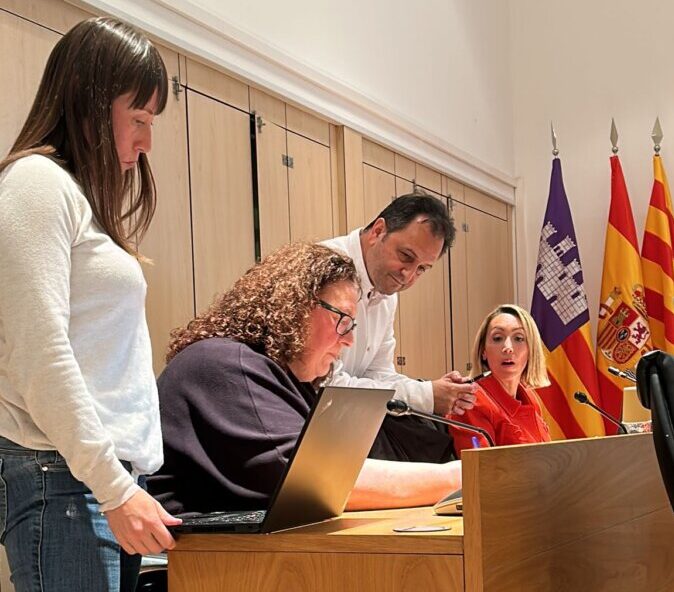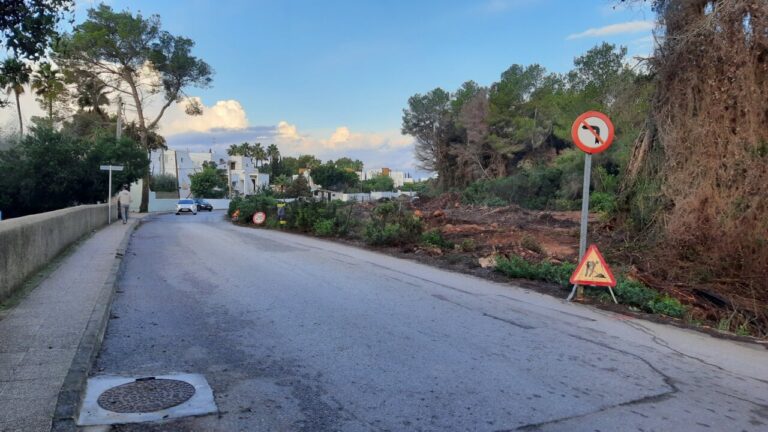The Official State Gazette (BOE) published this Tuesday, December 24, the Royal Decree 1312/2024, which approves the regulation of the procedure of the Single Registry of Leases and creating the Digital One-Stop Shop for Leases for the collection and exchange of data relating to short-term accommodation rental services, in order to create a single registry of short-term leases. This regulation adapts national legislation to Regulation (EU) 2024/1028, with measures that promise to bring greater transparency, control and legal certainty to the sector.
According to the decree, “the expansive growth of short-term vacation rentals is removing homes from the market and causing an increase in prices, and may have a negative impact on the habitability of urban and tourist centers”. In addition, it points out that “the lack of information related to the leases that are being constituted has led to the foreseeable existence of a relevant percentage of leases in a situation of fraud of law.” In this context, the decree seeks to regularize and control the market with instruments such as the Single Registry of Leases and the Digital Single Window for Leases.
Single Registry and One-Stop Shop: the pillars of the decree
The Royal Decree introduces two key tools to regulate the market:
- Single Registry of Leases:
- Each rental unit must be registered and have a unique number, without which it cannot be offered on digital platforms.
- This registration will be managed through the Land Registry or the Registry of Movable Property.
- “Through the registration procedure, a unique registration number will be obtained […] without which its offer cannot be carried out on online short term rental platforms.”
- One-Stop Digital Leasing Window:
- Platform managed by the Ministry of Housing, in charge of coordinating data transmission between platforms and authorities.
- It will allow consultation and verification of lease information, in addition to facilitating the issuance of administrative resolutions.
- “The Digital One-Stop-Shop […] will enable the electronic transmission of data between online short-term rental platforms and the competent authorities.”

Obligations for platforms such as Airbnb
The decree also imposes new responsibilities on short term rental platforms:
- Validate the registration number of each unit before publication.
- Perform periodic and random checks to ensure the veracity of the data.
- Transmit monthly activity data to the One-Stop Shop, including address, ad URL and registration number.
- Eliminate irregular advertisements within 48 hours after receiving administrative notifications.
Impact on hosts and local communities
The Royal Decree poses significant challenges for both hosts and local communities:
- For hosts: The accumulation of registrations could disincentivize small landlords, who already face other administrative barriers.
- For the platforms: The new obligations imply higher operational costs, from verification systems to data transmissions.
- In the market: Although regulation could reduce irregular supply, it could also limit the flexibility of this business model.
Airbnb’s response: “It falls short”.
Airbnb has taken a critical stance on Royal Decree 1312/2024. The company claims that this “falls short” of its purpose of harmonizing registration obligations for hosts and ensuring greater transparency in the sector. In a statement issued yesterday, Airbnb acknowledged the efforts of the Ministry of Housing during the public consultation process to address concerns raised by the platform, especially in relation to the implementation of Regulation (EU) 2024/1028. However, it believes that the regulation does not establish a “single point of entry” for the registration of hosts, as proposed by the European framework. Instead, the decree encourages an “accumulation of different registers” at the national, autonomic and municipal levels, which, according to Airbnb, will complicate the administrative tasks of hosts who want to share their homes on short-term rental platforms. Despite this criticism, Airbnb has indicated that it will continue to collaborate with the government in the technical development of the decree. Its intention is to ensure that it prioritizes “the economic well-being of hosts, the preservation of local communities and responsible tourism practices.” This process will be key before May 2026, by which time, according to European Union regulations, all short-term rental housing will be required to have a mandatory registration number.












